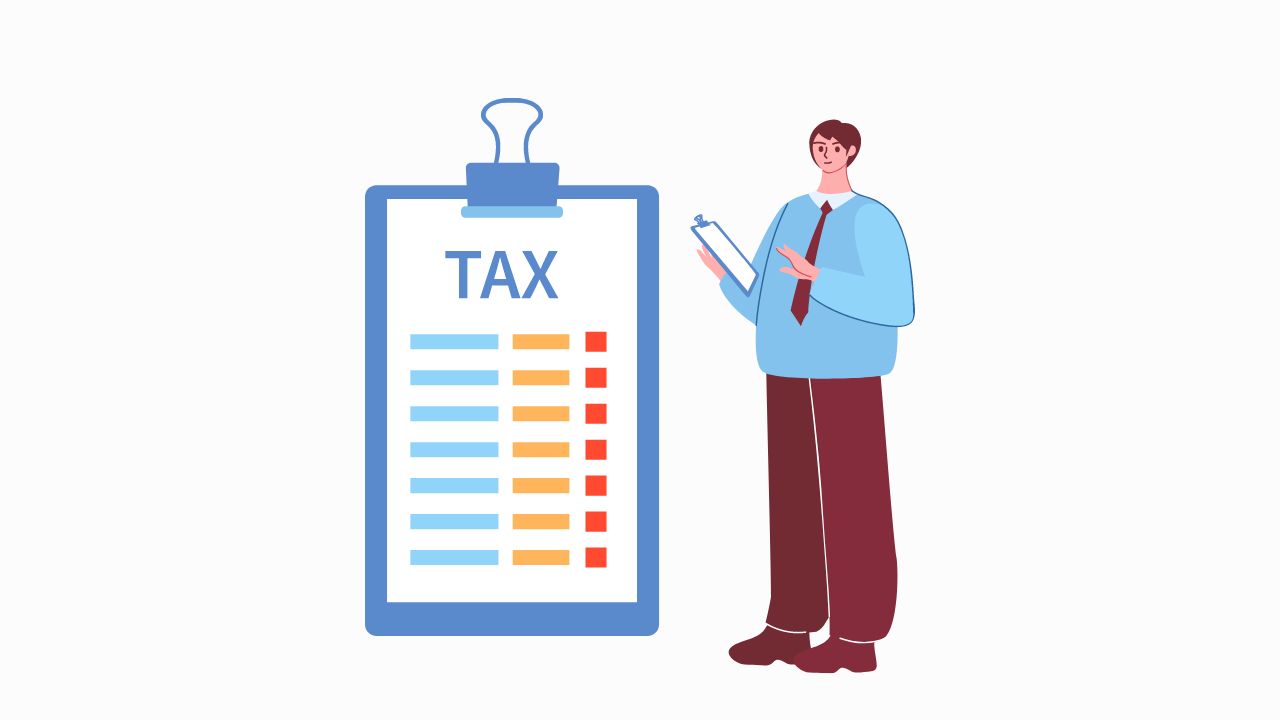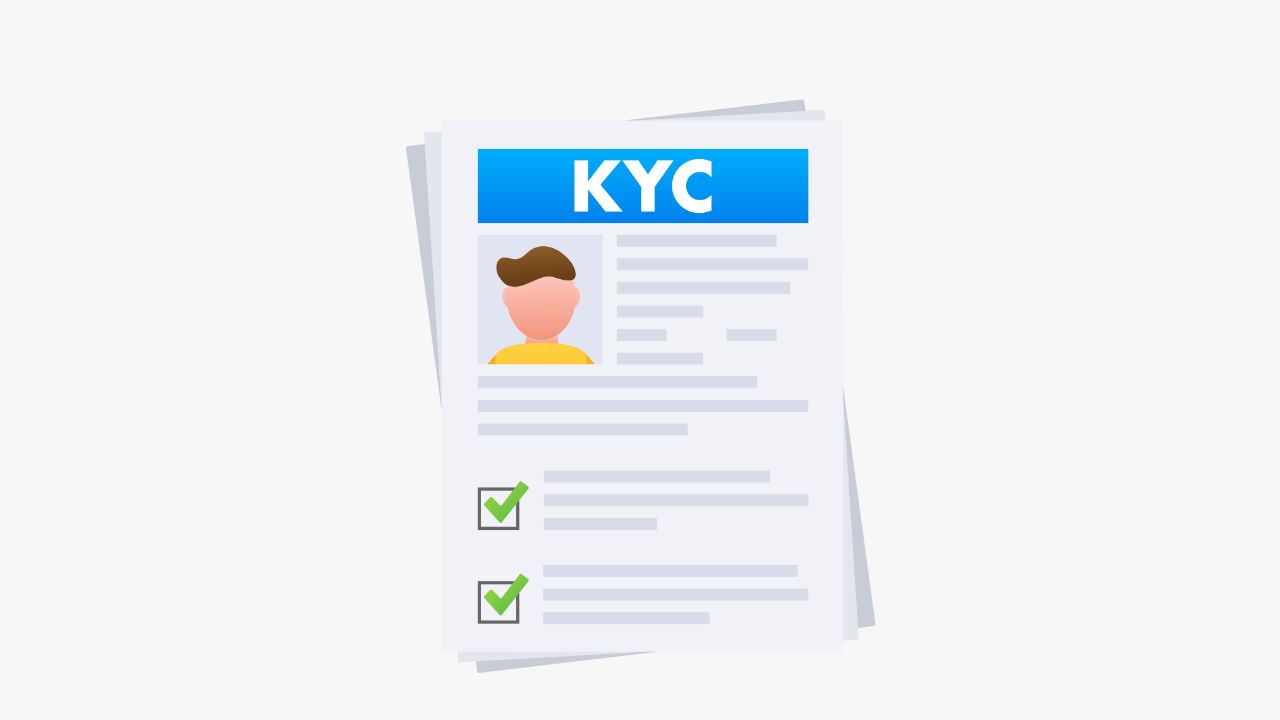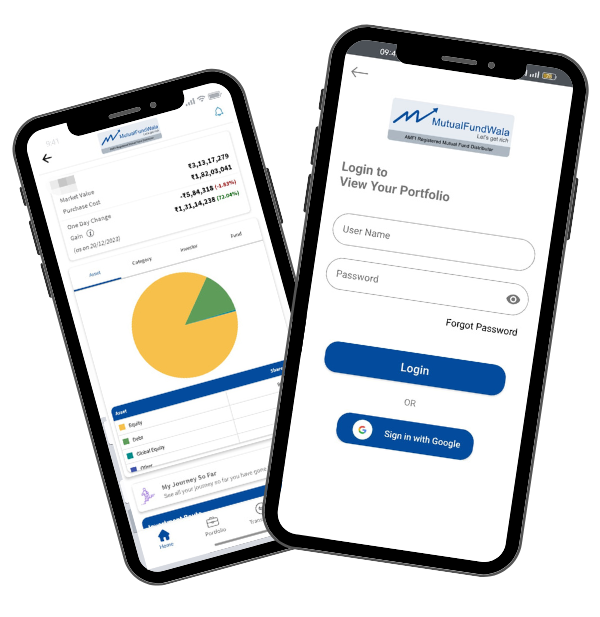Taxation on mutual funds varies on different factors.
Tax Rates for Mutual Fund Investors
| EQUITY ORIENTED FUNDS (Subject to STT) | |||||
| Tax Status of Investor | Capital Gains Tax | Tax on Distributed Income under Dividend Option | TDS on Capital Gains | TDS on Distributed Income Dividend Option | |
| Short Term | Long Term | ||||
| Resident Individual /HUF / AOP / BOI | 15% | 10% (Tax is exempted up to Rs 1,00,000) | At the applicable Tax slab rate | NIL | 10% |
| Domestic Companies | |||||
| NRI | STCG – 15% LTCG – 10% | 20% | |||
| OTHER THAN EQUITY ORIENTED FUNDS | |||||
| Tax Status of Investor | Capital Gains Tax | Tax on Distributed Income under IDCW@ Option | TDS on Capital Gains | ||
| Short Term | Long Term | ||||
| Resident Individual | At the applicable Tax slab rate | 20%* | At the applicable Tax slab rate | NIL | |
| HUF / AOP/ BOI | |||||
| Domestic Companies / Firms | 15%/ 22%/ 25%/ 30% | ||||
| NRI | At the applicable Tax slab rate | • 20% (Listed Units) •10% (Unlisted Units) | At the applicable Tax slab rate | • STCG – 30%LTCG • 20*(Listed Units) • 10%(Unlisted Units) | |
With indexation Without indexation @IDCW = Income Distribution cum Capital Withdrawal
Tax & TDS are subject to applicable Surcharge and Health & Education Cess at the rate of 4%.
(Source: https://www.amfiindia.com)
Indexation- Simply put, indexation is an adjustment made to profits while taking inflation into account to lower tax liability.
Dividend Distribution Tax (DDT)
Investors may pay a 15% tax on the gross dividend amount (under Section 115-O0 of the IT Act).
Equity-linked savings scheme (ELSS)
These are tax-saving mutual funds. They offer you equity-linked returns. ELSS may provide deductions under Section 80C, allowing investors to lower their overall tax bill. They provide you with tax-free returns, which enhances your post-tax returns. The minimum lock-in duration for ELSS is three years. However, if an investor withdraws before three years, he or she may not be eligible for ELSS benefits.
Disclaimer: These are the general tax liabilities for investors. However, it may change depending on external factors, such as the individual’s tax bracket.
Tax laws and rates are subject to change, so stay up-to-date on the latest modifications.
The data provided is based on the information available as of December 31, 2023.
Read More : Cost of Investing in Mutual Funds
FAQa
How much tax can be saved on mutual funds?
Equity Linked Savings Schemes (ELSS) mutual funds offer tax benefits, allowing investors to claim deductions of up to Rs 1.5 lakhs per financial year under Section 80C of the Income Tax Act. Additionally, Long-Term Capital Gains (LTCG) from equity investments, including ELSS, are tax-free up to Rs 1 lakh per financial year, as per the provisions of the Income Tax Act.
When to pay tax on mutual funds?
Investors are obligated to report the profits or losses incurred during a financial year in their Income Tax Return (ITR) for that specific financial year, typically submitted by the deadline of July 31st of the calendar year. To illustrate, any gains or losses experienced in FY2023-24 must be disclosed in the income tax return by July 31, 2024.
How to avoid paying taxes on mutual funds?
Investors cannot avoid capital gains taxes because all gains and losses are directly captured by the income tax website. If you do not file the requisite tax, the income tax authorities will issue you a show-cause notice. Furthermore, investors have a legal obligation to meet their tax responsibilities in line with current tax regulations and laws, therefore trying to evade taxes may result in legal consequences and penalties.
What is the tax on mutual funds dividend?
Mutual Fund dividends are added to ‘income from other sources’ and taxed as per the investor’s tax slab.
Can i avoid tax if i buy a house?
Section 54F of the Income Tax Act allows individuals and Hindu Undivided Families (HUF) to claim an exemption from long-term capital gains arising from the sale of an asset, excluding a residential house. To qualify for this exemption, the net sale proceeds from the asset must be invested in the purchase of residential property either one year before or two years after the asset sale or the property should be constructed within three years of selling the old asset. It’s crucial to emphasize that this exemption is applicable only if the individual or HUF does not own more than one house on the date of the asset sale.












2 प्रतिक्रियाएं